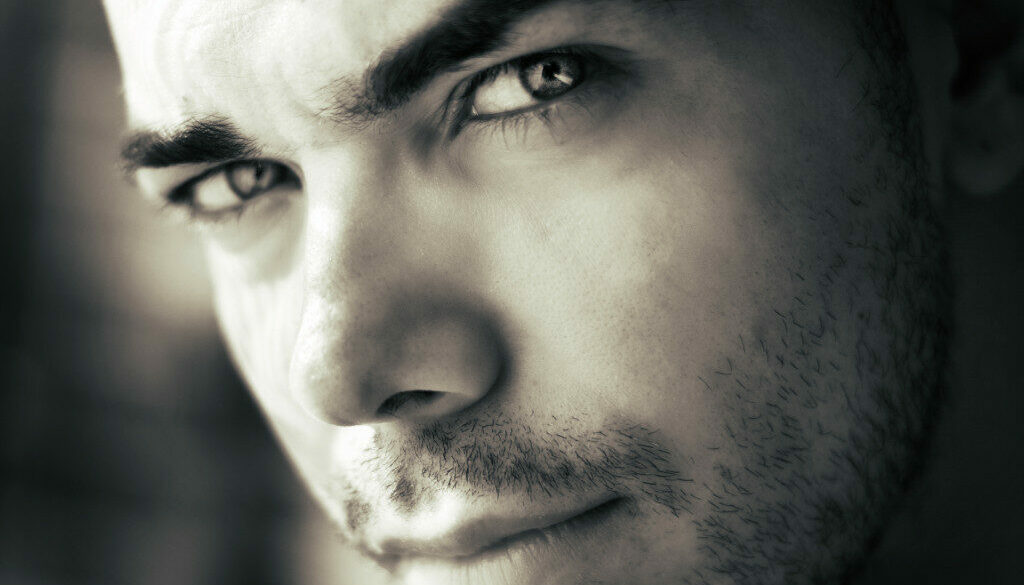Eating Disorder Treatment & Recovery
Eating disorders are the hardest to treat in many cases because it isn’t anything physical that can be spotted and treated although it can feel like a physical need; it most often is brought on by emotional and psychological problems, chemical imbalances and a combination of traumatic experiences. The only way to treat an eating disorder is to understand what led to it in the first place and what triggers it on a daily basis. Is it something going on at work, problems at home, financial or health issues? Understanding your case specifically is what will lead to eventual recovery, and while there are some medications out there that can help with the possible causes like chemical imbalances or depression, you’ll typically need counseling in order to get to the root cause, and begin to find other methods of coping that don’t affect your health as drastically.
It’s easy to say that all you need to do is break your bad eating habits but an actual eating disorder like compulsive eating is difficult to handle on your own. There are a few things you can try while you decide the best direction to go in regarding treatment and recovery and they include keeping unhealthy high fat and sugar loaded, processed foods out of the house and away from temptation. You can also stick to eating three small meals a day and setting aside two healthy snacks to enjoy. This is a great way to start and while it can be difficult it’ll be a good trial to see if you can adjust to new habits on your own. You also need to quit worrying about your body size and weight, that’s not the focus here; it should be your health and how to be happy without turning to bad for you food choices. You should also keep a log or journal that describes what triggers your eating disorder, and makes you want to turn to binge eating and dive into that fridge. In addition, start listing out the things you enjoy doing that might help you cope with stressful or tough situations; these might end up being alternatives for compulsive eating.
Of course making these adjustments to your lifestyle is no easy task and that’s where the cognitive behavior counseling comes in. FINE to FAB consultants will guide you through behavior therapy and aid you in not only identifying the triggers that lead to your eating disorder, and also knowing what can help you cope and adapt to a healthy diet with a decent exercise regimen built in as well. This way you’ll burn calories, you’ll lose weight, you’ll live healthy and with confidence knowing that you can handle any psychological issues because of the caring attention of your eating disorder treatment consultant.
Eating disorders are a kind of placebo, they don’t solve problems; they create them so finding a healthy way of coping and learning how to break those bad habits will lead to a healthier diet and a healthier life.
If you need to get a handle on your fear of being not good enough, please reach out. We can help you can get on with your life.



